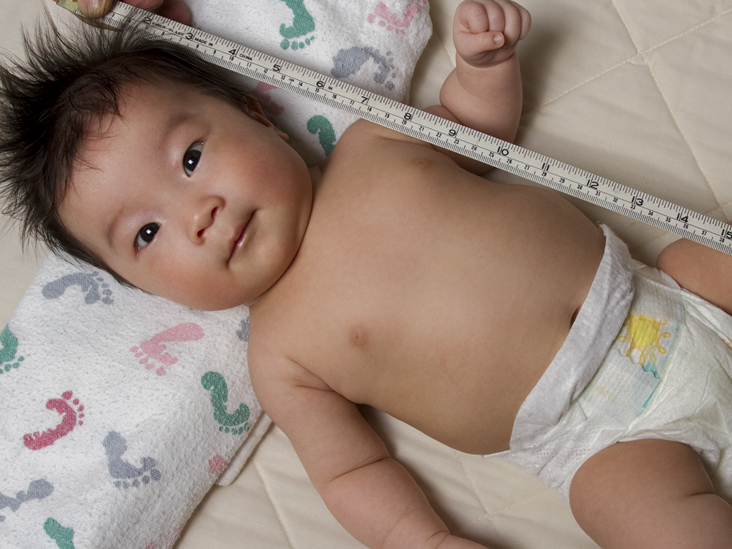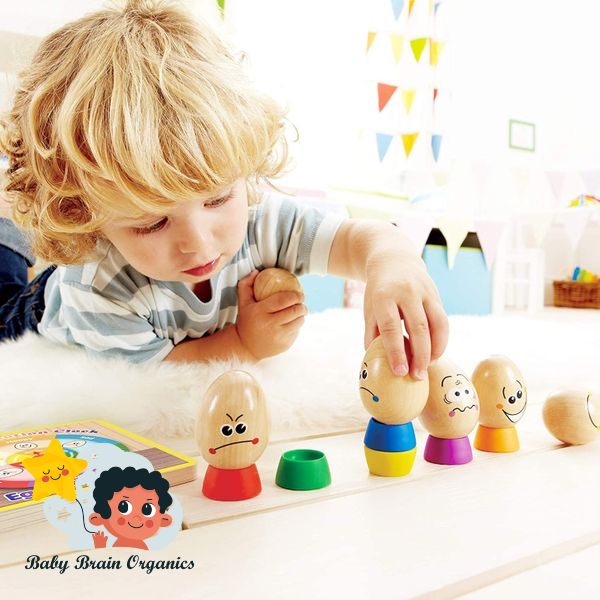Classical music is seen as too complex and difficult to understand, but new research has found another side to the story! In this article, you will learn about the surprising effects of classical music on a baby’s brain.
Introduction
A baby’s brain is still developing, so it is not surprising that their hearing and vision are not as good as an adult’s. However, a baby’s brain can learn to love classical music with proper stimulation.
According to one study, listening to classical music during the first six months of a baby’s life can improve language skills. Furthermore, babies who listen to classical music tend to be more intelligent than babies who don’t.
So what does this mean for parents? First and foremost, you should continue exposing your baby to classical music from an early age.
Second, make sure you have some excellent classical albums or tracks on CD or mp3 player that you can play regularly.
Finally, encourage your baby to explore and listen with all of their senses – watching them enjoy the music will show them that music is worth investing in!
Mozart and Music
The Mozart Effect is classical music’s purported cognitive effect on infants and young children. It is based on the observation that infants and children exposed to classical music during development tend to have better cognitive performance than those who are not.
The Impact of Classical Music
If you think of classical music as a bunch of old white guys in powdered wigs playing violins and cellos, you’re not alone. But if you think of classical music as something that can have a powerful impact on a baby’s brain, you’re right on track.
A study published in the journal Frontiers in Human Neuroscience found that babies who listened to classical music scored better on cognitive skills tests than babies who listened to nursery rhymes or pop songs.
The study authors say it’s because classical music is complex and has no words, making it more stimulating for young brains.
“The fact that they found that even very young babies are receptive to this type of stimulus means that we need to be exposing them to this form of music from an early age,”
said study author Dr. Kathryn Barger, an associate professor at Rush University Medical Center in Chicago.
Just because classical music positively impacts babies’ brains doesn’t mean parents have to shell out tons of money for recordings by Bach or Beethoven.
There are plenty of free options, including some classics from Radio Disney’s Kid’s Corner channel. Just be sure to choose recordings with low levels.
Conclusion
Over the past few decades, neuroscientists have been learning more and more about how the brain works. We now know that different brain parts are responsible for different tasks,
including comprehending music. In a study published in Frontiers in Neuroscience, researchers from Sweden used MRI scans to examine how
18-month-old babies responded to classical and contemporary pieces of music. They found that babies who listened to classical music showed increased
activity in some parts of their brains. In contrast, those who listened to contemporary music displayed activity in other parts of their brains. It is fascinating to see how much our brains change as we grow older!




